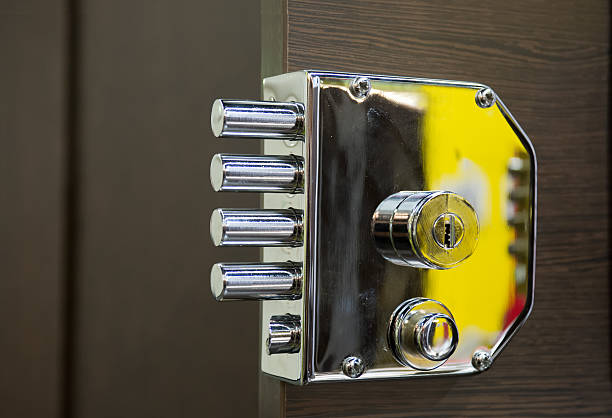

The topic of fair pay for foreign domestic helpers (FDHs) has long been a contentious and complex issue. With a large portion of the global workforce employed in domestic help roles, there has been considerable debate about what is considered just compensation for these workers. In this article, we’ll explore the various factors that should be taken into account when evaluating how much Foreign domestic helper salary (外傭工資) should earn.
Understanding the Role and its Value
The first step in determining fair pay for foreign domestic helpers is to understand the role and the valuable service they provide. Domestic workers are the backbone of many households, handling a range of tasks from cleaning and cooking to childcare and eldercare. These services are critical for the functioning of many families. Consequently, it’s important to recognize the significance of the role and to provide compensation that reflects its importance.
A fair wage should not just cover the basic living expenses but should also acknowledge the emotional labor and personal sacrifices that often come with the job.
Cost of Living and Minimum Wage
Another critical factor is the cost of living in the jurisdiction where the FDH is employed. The local cost of living will vary significantly from country to country and even within different regions of a country. FDH wages should be adequate to allow workers to live decently relative to the standards of the country they are working in. Governments often set minimum wages as a baseline, which should be followed, but many argue these do not accurately reflect the economic value of the domestic help role.
In addition to considering the cost of living, one must also consider the minimum wage rates for similar roles in the local area to ensure that FDHs are not being paid less due to their migrant status.
Working Conditions and Benefits
Fair pay should be considered in the context of working conditions and benefits. This includes hourly rates, overtime pay, rest days, and sick leave. Many domestic workers do not have fixed working hours, which can result in extended work weeks far beyond the standard 40 hours. Overtime, therefore, should be compensated fairly.
Employers should also provide benefits such as health insurance and paid leave, which are common in regular employment contracts. Ensuring these benefits are provided not only protects the welfare of domestic workers but also contributes to a society’s overall health and wellbeing.
Legal Protections and International Standards
Legal protections for foreign domestic helpers vary widely around the world. The International Labour Organization sets forth guidelines concerning the rights and protections that should be afforded to all workers, including domestic workers. These include the right to a minimum wage, limit on working hours, social security coverage, and the right to collective bargaining.
It’s essential for employers and governments to abide by these international standards to ensure that FDHs are being paid and treated fairly. By aligning with these standards, we can further efforts to recognize and respect the dignity of all workers, regardless of their job or migration status.
Conclusion
The question of what FDHs should earn is not easily answered and there is no one-size-fits-all solution. Fair pay takes into account numerous factors including the value of the work, the cost of living, legal protections, and international standards. It’s a multifaceted issue that requires ongoing dialogue to ensure that FDHs are valued and compensated in a manner that is equitable and just.







